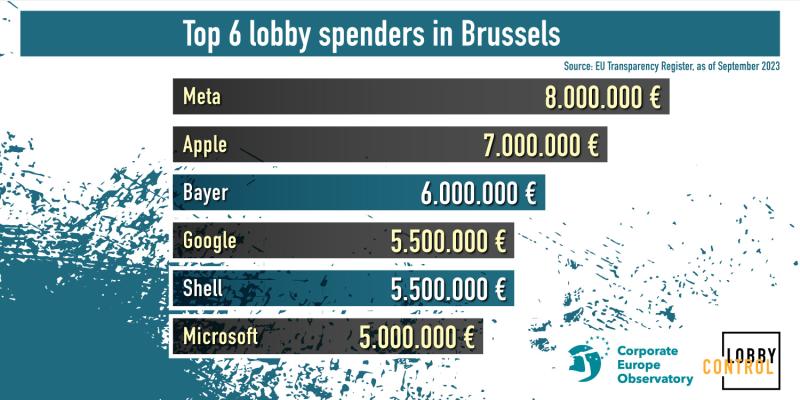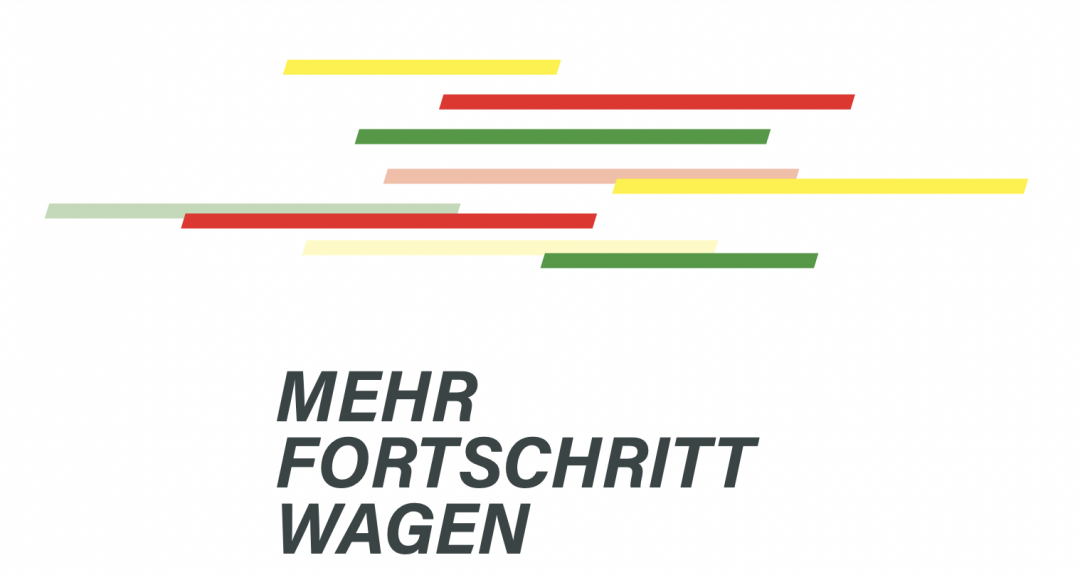..and by insane, I mean insanely small compared to its impact. LobbyControl and Corporate Europe Observatory just published a great new report on Big Tech lobby spending. And the report is shocking on different levels:
- It’s shocking that Big Tech has been the top spender on lobbying in the EU, outspending every other industry. Given how problematic some of their business models are (notably behavioral tracking as well as maximizing for engagement), it’s worrisome that they try to influence the political process as much as they do.
- It’s shocking just how well Big Tech lobbying is working. When speaking to policy makers in Brussels, Big Tech lobbyists’ influence is sometimes described as massive, sometimes even as crippling to the political process.
- It’s shocking how little money it takes Big Tech to get there. Meta (formerly Facebook) spends €8m a year. That may sound like a lot, but in the world of global Big Tech corporations, it’s basically a rounding error. For context, Meta spends almost as much (€6.85m) every single day on advertising (Statista).
So the supposedly huge spending that leads to a massive influence on the European Union’s regulatory and legislative process? It costs about as much per year as running ads for Instagram and Facebook costs every single day. It’s quite literally nothing for them. They could easily 10x or 100x it any day. Creating a level playing field by matching their spending is structurally impossible.
Luckily, policy makers are wisening up to both the methods and potential negative impacts of Big Tech, and civil society has really been ramping up their efforts and skills. Hopefully, all the NGOs and researchers working in this space will get to a place where they can be a real counterweight to Big Tech’s lobby influence. Successes around DSA, DMA and AIA show just how far civil society has come in this space — despite being outspent and outnumbered dramatically. Seeing the field maturing, seeing new alliances emerge, all makes me immensely hopeful.
That said, I’m wondering how we can address the structural problem at play here. Is limiting lobby spending a way to explore? Reducing access to policy makers? Introducing some kind of quota that ensures that civil society has the same level of access as industry does? Something has to give. For a healthy democracy, we need a more level playing field.



